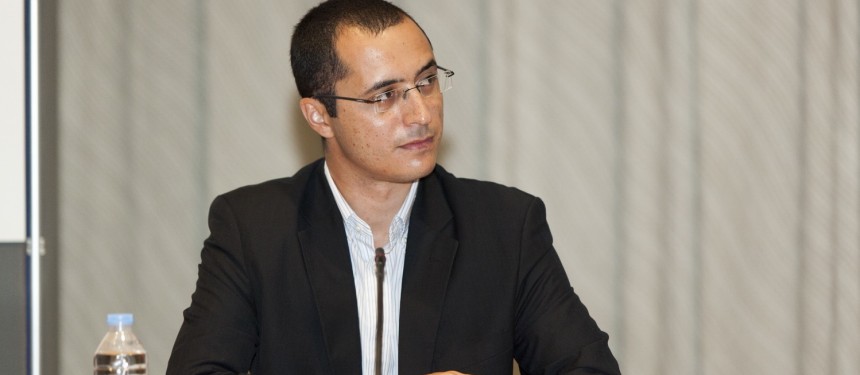The language learning hub of Malta hosted a major cross-sector ELT conference last week to increase awareness of English language learning across the country, in response to growing competition from rival study destinations. Demand is reported to be slowing, in large part because of the recession in Europe.
News and business analysis for Professionals in International Education
Have some pie!
Malta works to create “synergy” in English learning sector
 Daniel Xerri, chairperson of the EFL Monitoring Board
Daniel Xerri, chairperson of the EFL Monitoring Board Minister of education and employment, Dolores Cristina, said English proficiency remained “Malta’s key competitive advantage” but that quality had to be upheld.
The two-day event, organised by the EFL Monitoring Board, aimed to create “synergy” between all educational sectors involved in teaching English on the island, including primary and secondary schools, universities and private language schools.
Daniel Xerri, chairperson of the EFL Monitoring Board, told The PIE News: “Ultimately part of our heritage is the fact that we are a bilingual country and that means making sure that both English and Maltese are spoken fluently.
“We can’t run the risk of undermining the quality of spoken and written English in this country because that would harm the EFL industry.”
Each year Malta receives 70,000 English language students from 60 countries, amounting to a €200 million industry, which the government is keen to foster. However, with English as an official language, it faces growing competition from the likes of the UK, Australia and Ireland.
“English proficiency is Malta’s key competitive advantage in the global economic market”
“The focus must remain on increasing the quality and training of English teachers who will in turn be educating students,” said Cristina.
In other efforts, the government-backed EFL Monitoring Board has launched the TEFL Cert programme, which requires all teacher training courses to meet the same standards from January 2013.
New legislation will also be passed next year introducing mandatory government accreditation for private language schools. Currently only 17 of the 40 English language schools on Malta are accredited as members of industry organisation FELTOM, but under the new proposals only schools with the government-sanctioned accreditation (over and above the licensing rules currently in place) will be able to operate.
“If you have one rogue school not doing its best then that school can give the country a bad name”
Further policies to improve non-academic services offered to students including accommodation and leisure activities are slated. Xerri said he hoped the changes would create a healthier sector.
“We don’t want to push schools out of business and that’s why we’ve been consulting the industry for a number of years now,” he said. “If you have one rogue school not doing its best to provide students with top notch academic and non academic services then that school can give the country a bad name.”
Still looking? Find by category:



2 Responses to Malta works to create “synergy” in English learning sector